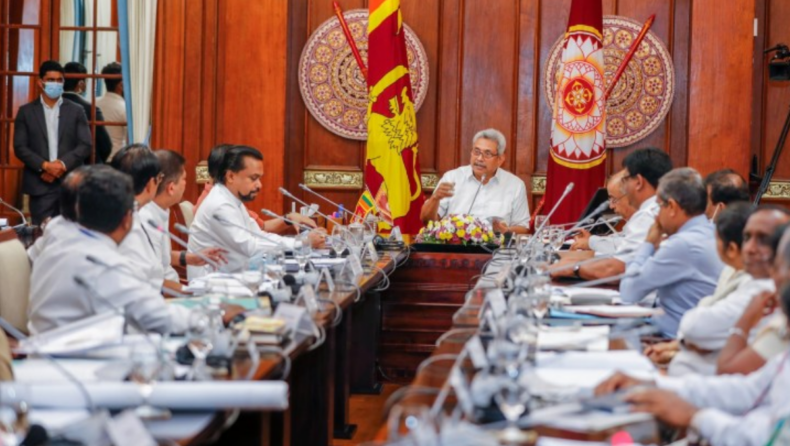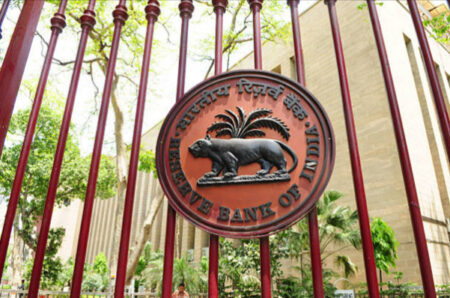Sri Lanka’s president, Gotabaya Rajapaksa, has set up an expert panel to help his country get out of an unprecedented economic crisis that has led to shortages of important goods and widespread protests. The panel of well-known economists has been told to work with the IMF and other possible lenders to deal with the country’s debt and high inflation.
The Sri Lankan parliament passed a retroactive surcharge tax bill with amendments on Thursday, without voting. A 25 per cent windfall tax on companies, partnerships, and individuals who earned more than 2 billion Sri Lankan rupees in the fiscal year 2020-21 would be possible under this plan. This tax is expected to generate 100 billion rupees in revenue for the government. The bill was proposed by former Sri Lankan Finance Minister Basil Rajapaksa.

Boosting safety measures:
Colombo police said that in light of an intensifying public protest, extra security would be provided at key locations, including the president’s residence, the presidential secretariat, Prime Minister Mahindra Rajapaksa’s home and office, and Parliament.
The Presidential Advisory Group on Multilateral Engagement and Debt Sustainability would include Indrajit Coomaraswamy, former governor of the Central Bank of Sri Lanka and former director of the monetary affairs division of the commonwealth secretariat, said a announcement issued by the president’s workplace late on Wednesday. The different members of the panel include Shanta Devarajan, a former senior director of improvement economics at the World Bank, and Sharmini Coorey, a former director of IMF’s Institute of Capacity Development.
The announcement said “among the obligations that the Presidential Advisory Group will undertake are to engage in discussions with relevant Sri Lankan institutions and officials attractive with the IMF, and to supply guidance that will address the existing debt crisis and lead in the direction of sustainable and inclusive healing for Sri Lanka. ” After Ali Sabry resigned on Tuesday, a day after he used to be appointed, the president is but to appoint a new finance minister.
In a bid to garner some rapid revenue, the Sri Lanka parliament on Thursday passed, besides voting, a retrospective surcharge tax invoice with amendments. This would allow the authorities to impose a 25% windfall tax on corporations of companies, character companies, partnerships and humans who earned extra than two billion Sri
Lankan rupees in the monetary year 2020-21. The authorities estimate revenue of one hundred billion rupees via this tax. Former finance minister Basil Rajapaksa had proposed the invoice to expand authorities’ revenue.
Published By:- Shubham Agarwal
Edited by :- Kritika Kashyap













